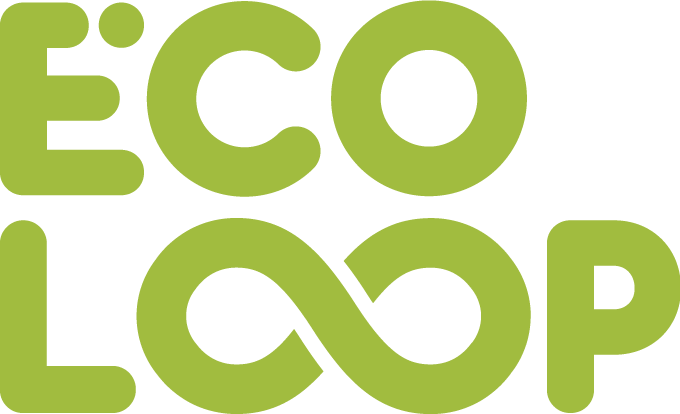
Call for Proposal
Duration
1.10.2023-30.9.2027
Total Eligible Costs
€ 682 250
Contact at IRI UL
Project Consortium
- ETRA Group
- Ingenieria
- Genia Bioenergy SL
- Universitat Politecnica de Valencia
- Inovacijsko-razvojni inštitut Univerze v Ljubljani
- Kolektor Setup, Storitve Energetskega Upravljanja
- Eesti Maaulikool
- Fibenol OU
- Albena AD
- Fertinagro Biotech SL
- Asociacion Valenciana d’Agricultores
- Trakiyski Universitet
- Biomasa d.o.o.
- Kmetijski inštitut Slovenije – Agricultural Institute of Slovenia
Key challenge
ECOLOOP is committed to developing and demonstrating innovative solutions for optimizing the combination of various distributed energy sources, including biogas, biomass, agri-PV, and geothermal energy. These solutions are tailored to meet local energy demands for electricity, heating, cooling, transport, waste management, and land use in rural areas, delivering tangible benefits for farmers and foresters alike.
At the core of ECOLOOP’s mission lies the reduction of the carbon footprint in rural areas. By promoting the use of distributed renewable energy sources and encouraging self-consumption, the project also aims to implement efficient agricultural and forest waste management practices. These endeavors will have a ripple effect, positively impacting biodiversity, soil health, and safeguarding groundwater from contamination.
Aim
ECOLOOP project, aims to empower farmers and foresters with the tools, knowledge, and business models necessary for efficient land and waste management in agriculture and forestry. The project promotes the decentralized use of renewable energy to reduce carbon footprints and improve soil biodiversity and health. Furthermore, ECOLOOP seeks to foster a circular economy and regional development in rural areas by contributing to job creation, addressing gender equality, and enhancing climate resilience and adaptation.
Key objectives
ECOLOOP’s accomplishments will undergo rigorous testing and validation through four pilot sites located in Spain, Slovenia, Estonia, and Bulgaria. These demonstrators will encompass a diverse range of crops, plantations, and trees in both agricultural and forestry sectors. They will accommodate different types of energy sources and assets while spanning diverse climatic, geographic, and socio-economic conditions and sizes. The overarching goal is to facilitate replicability, scale-up, and eventual market launch.
